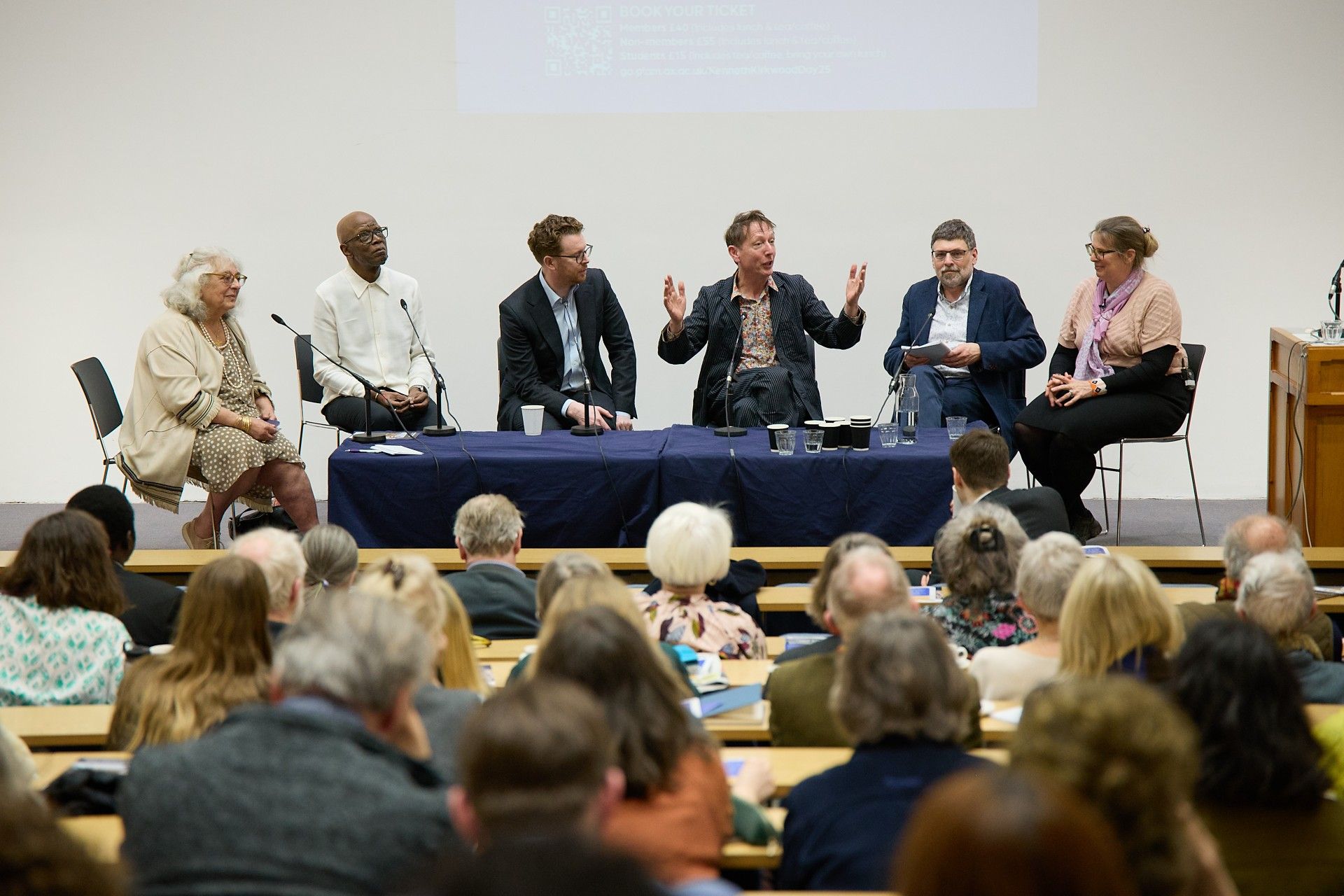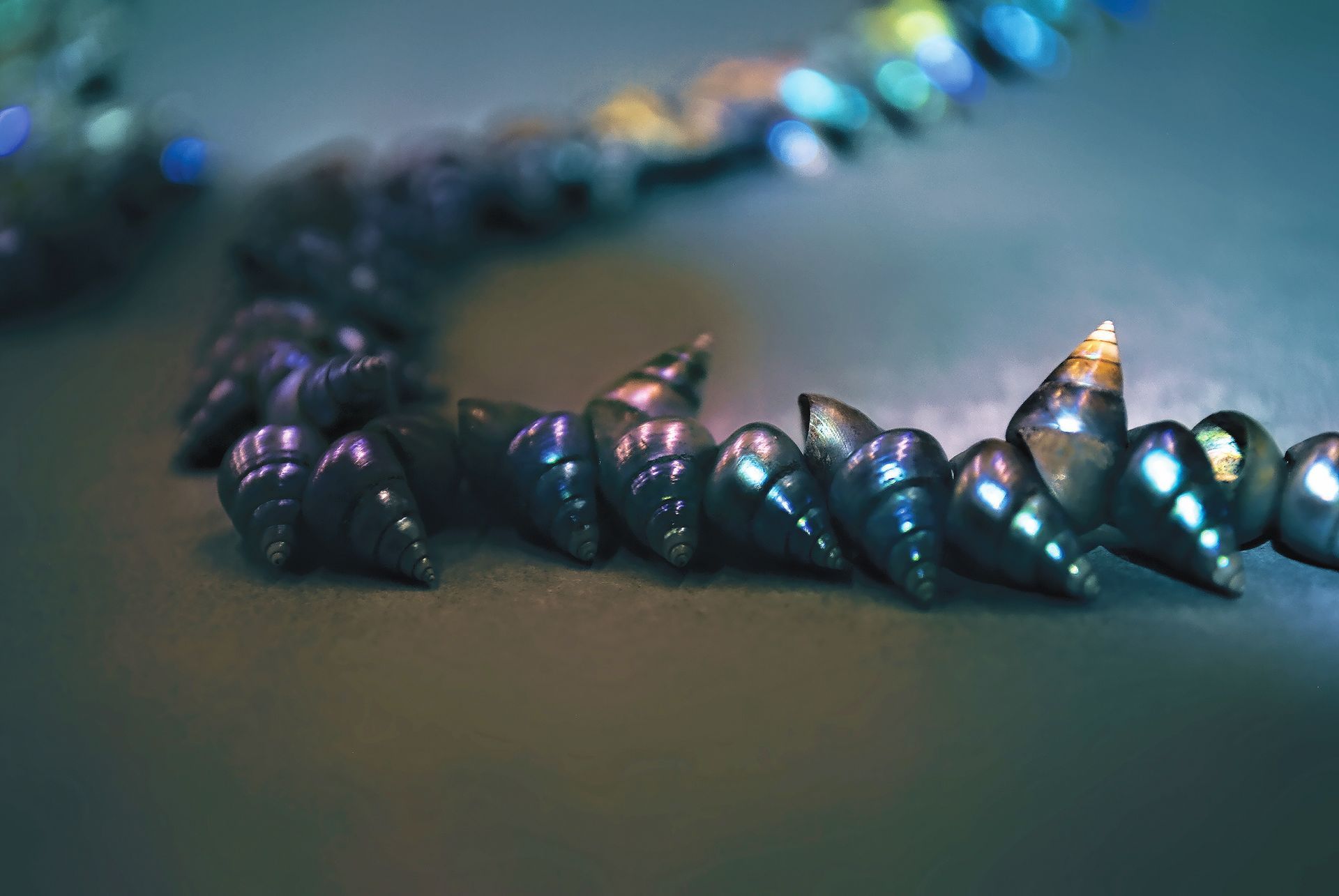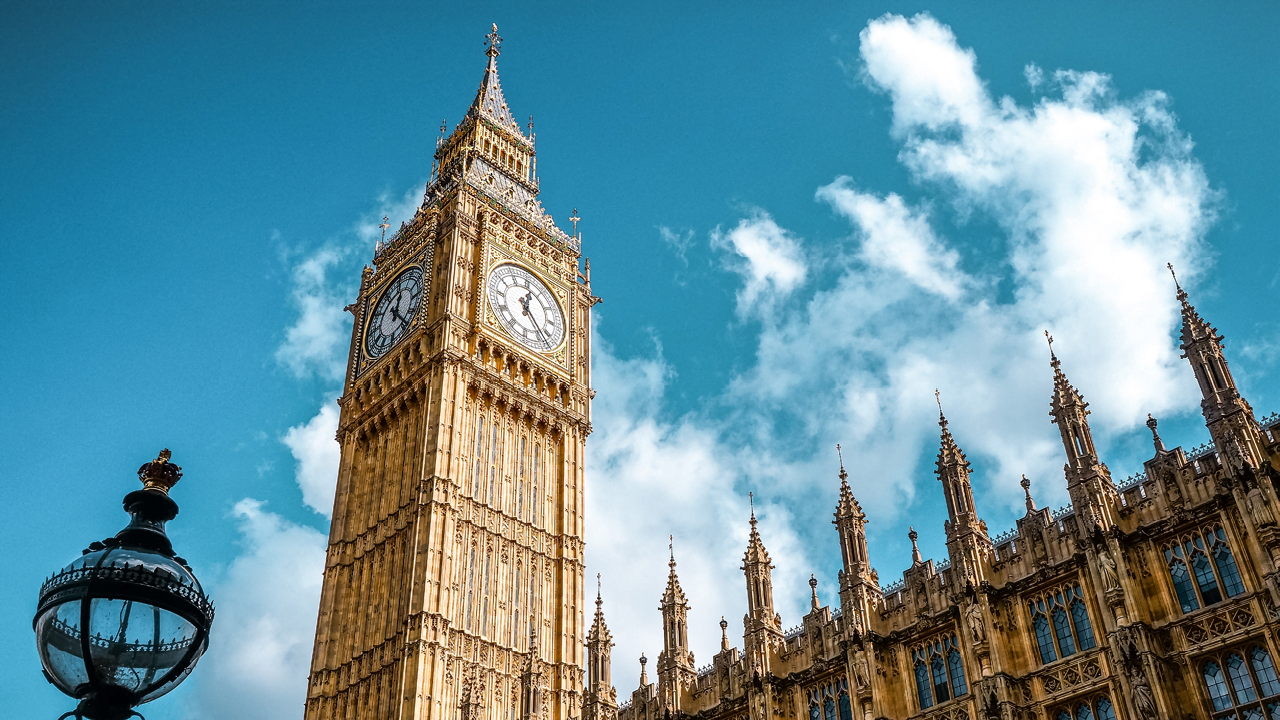Cultural Restitution
SHARE ARTICLE
You should no longer question the effectiveness of advisory committees to recommend policy frameworks for the repatriation of colonial artefacts. This month there’s tangible evidence the process is working.
A repatriation in July of almost 500 cultural objects to the governments of Indonesia and Sri Lanka marks the first time the Netherlands has followed the recommendations of an Advisory Committee it set up in 2020 to consider the return of colonial objects from Dutch museums. It also offers a viable, if not perfect blueprint for other national collections wrestling with the return of contested objects.
At the heart of the Committee’s recommendations, published nearly three years ago, is a need to recognise the historical injustices committed under Dutch colonial rule, plus a willingness to rectify them. The Netherlands must be willing, the report stated, ‘to return unconditionally any cultural objects looted in former Dutch colonies if the source country so requests.’
The robustness of this Committee's stance, accepted by the Dutch government, resulted from their proactive engagement with representatives of countries formerly under Dutch colonial rule - in particular, Indonesia, Suriname and the Caribbean islands. Keeping these countries at arm’s length was never a Dutch option.
Sharing provenance information and data on some 2,500 objects from Indonesia has been taking place over several years. But progress required prioritisation. The 472 objects of cultural significance returned to Indonesia this month involved detailed research before a final selection was made from objects held in the collections of the National Museum of World Cultures and the Rijksmuseum in Amsterdam. An official request for repatriation was received from Jakarta in 2022.
A highlight of the objects returning to Indonesia is the famous ‘Lombok treasure’, a collection of 335 precious stones, gold and silver jewellery items, looted by troops of the Dutch East India Company (VOC) from Lombok in 1894 when hundreds of people were killed in a massacre.
“The objects were wrongfully brought to the Netherlands during the colonial period,” said a government statement, “acquired under duress or by looting”.
Other objects include four stone statues from the ancient Javanese kingdom of Singasari, a traditional keris dagger from the Klungkung kingdom and 132 works of modern art from Bali, known as the Pita Maha collection.
Sri Lanka had been requesting the return of several objects from Dutch collections before the new National Policy Framework was put in place. In 2017 the Rijksmuseum participated in a pilot project to establish a methodology for conducting provenance research with countries of origin. Progress was stepped up after the Committee began its engagement with Sri Lankan diplomatic and museum professionals and the process concluded with this month's agreement to return six objects of cultural significance. Among these objects is the Cannon of Kandy, a richly decorated, bronze-cast cannon looted by the VOC in 1765, which ended up in the collection of the Rijksmuseum. The cannon's return to Sri Lanka represents the Museum's first-ever repatriation of a colonial-era object.
Descendants of the royal family of Kandy have been lobbying the Sri Lankan government to recover this cannon for many years and according to the National Museum of Sri Lanka’s director, Mrs Sanuja Kasthuriarachchi, it’s an “exciting and recognisable object”, providing a valuable insight into both coloniser and Sri Lanka. “The cannon is European in shape,” commented Alicia Schrikker, associate professor of history at Leiden University, “but the decorations gave it a Sri Lankan layer…. There are so many stories to tell about it.”
Two wall guns (gingals), two ceremonial swords with silver, gold, diamonds and rubies, and a Singhalese knife (pihiya) are also returning to Sri Lanka.
The political will of all three countries to seek a fair resolution to objects brought illegally into the Netherlands during colonial times reflects a broader set of agreements. However, just as important is a new level of trust that has developed among the different museum experts. Kasthuriarachchi has spoken warmly of her confidence in the Dutch process: “The fact that things went well now – between the authorities, between historians, who can also often differ in opinion about the importance of objects or the context – is typical of our relationship. I think that’s because we’ve been taken seriously now.”
As the National Policy Framework for Colonial Collections, devised by the Dutch Advisory Committee, applies to all future repatriations by the Netherlands, not just to Indonesia and Sri Lanka, it's worth highlighting three of its key components.
The evaluation of each request to repatriate an object is made by a central independent assessment committee. When this committee was finally established in January this year, Gunay Uslu, State Secretary of Culture and Media, made it clear it is their intention the committee will operate “independently, expertly and transparently.”
Especially important is that all returns to former Dutch colonies are to be made ‘unconditionally’. This reflects the Committee’s view that it’s important to respect a source countries’ own views and wishes, ‘because that is the only way to achieve an outcome satisfactory to all parties’. But intriguingly, this approach will not apply to looted objects collected from the colony of another country. In these cases, the assessment committee may consider a request for repatriation, but it will not be ‘honoured unconditionally’.
Finally, the Dutch approach will only take place on a state-to-state basis. Direct requests for repatriation made, for instance, by local ethnic communities will not be considered by the assessment committee. This policy is hard to understand with so may geographic borders shifting over time. It's possibly politically motivated. However, in the case of Indonesia and Sri Lanka this condition never presented an obstacle as their negotiations were led by national governments.



